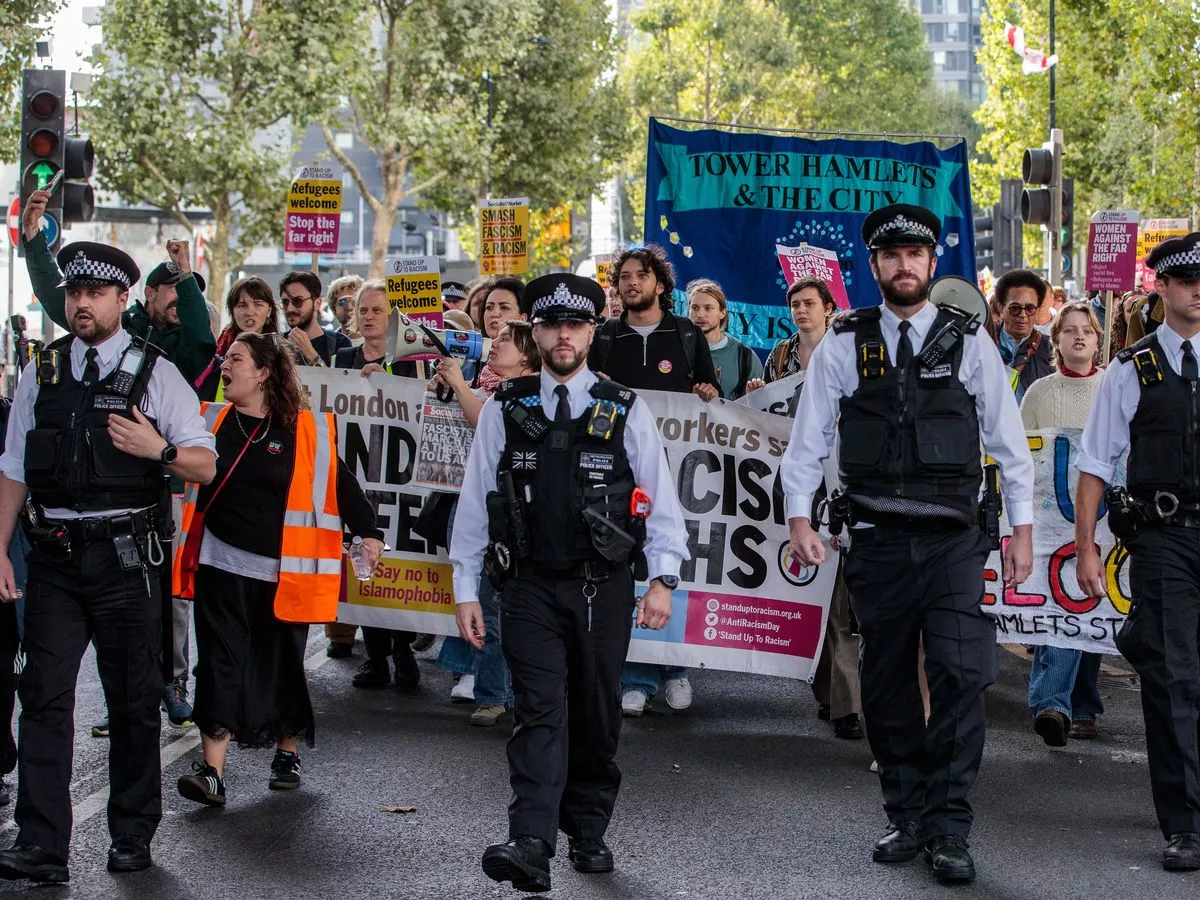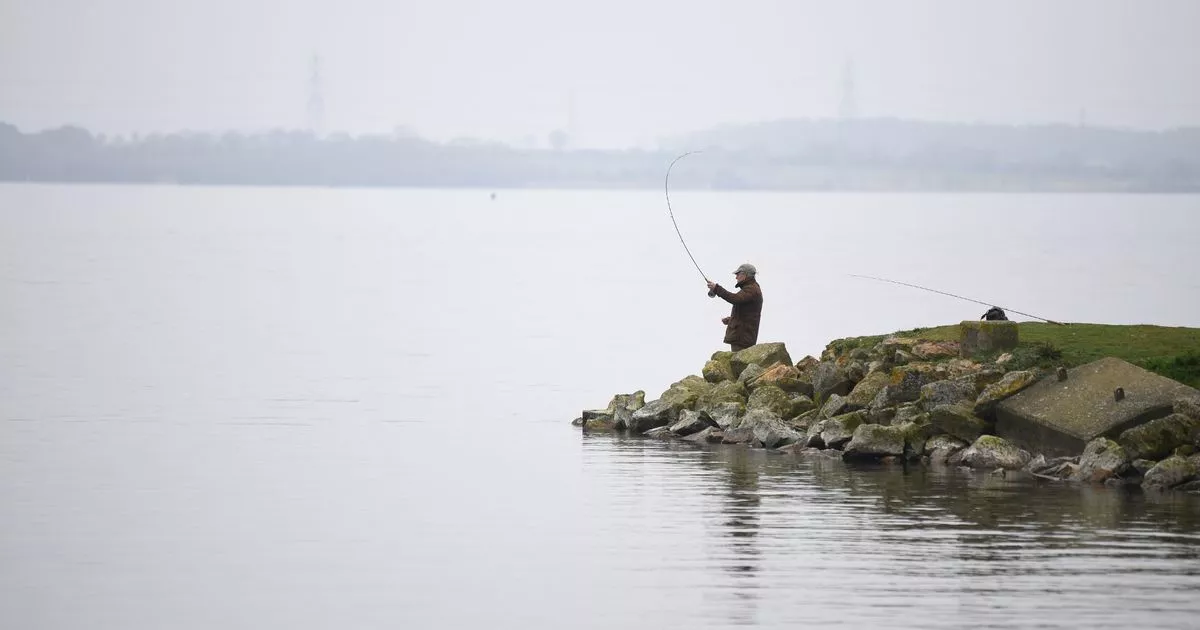Copyright manchestereveningnews

MPs have called on ministers to outline a clear strategy for reducing the use of asylum hotels, in an attempt to end the "current failed, chaotic and expensive" system that has been a drain on taxpayers' money. The Government has pledged to stop housing asylum seekers in hotels by 2029, following mounting pressure due to escalating costs and backlash from local communities. However, the Home Affairs Committee has cautioned that promising to cater to public sentiment without a concrete plan for alternative accommodation could result in "under-delivery and consequently undermining public trust still further". A report released on Monday criticised the Home Office for failing to provide a long-term strategy for asylum seeker accommodation and consistently taking shortcuts in its "chaotic" response to the pressures. The projected costs of Home Office accommodation contracts for 2019-2029 have tripled from £4.5 billion to £15.3 billion, with a "dramatic increase" in demand post-pandemic and a surge in arrivals by small boat among the contributing factors. Part of the report reads: "The Home Office has undoubtedly been operating in an extremely challenging environment but its chaotic response has demonstrated that it has not been up to the challenge. "The 2026 break clause and end of the contracts in 2029 represent opportunities to draw a line under the current failed, chaotic and expensive system and move to a model that is more effective and offers value for money." Asylum hotels became a flashpoint during the summer months with numerous protests particularly focused around the Bell Hotel in Epping, where an asylum seeker was charged and subsequently imprisoned for sexual assault. The MPs' report noted that demonstrations at asylum sites have included local residents with "genuine concerns", alongside individuals travelling from elsewhere "to promote divisive agendas or instigate disorder". MPs urged the Home Office to prioritise shutting hotels where there have been "significant community cohesion issues", as well as hotels in isolated locations that can place the greatest strain on local services. The committee stated the Home Office's failure to engage with communities has resulted in missed opportunities to tackle local concerns. The report notes: "The lack of engagement and transparency has left space for misinformation and mistrust to grow, which in too many areas has led to tensions and undermined the ability of local partners to promote social cohesion." It also outlines how the Government's strategy has resulted in an unequal distribution of asylum accommodation across the country, frequently concentrated in areas of high deprivation. The committee demanded a future accommodation system to be founded on fairness rather than cost alone, enhance communication with local communities and be adaptable to meet unpredictable demands. The chairwoman of the Home Affairs Committee, Dame Karen Bradley, said: "The Government needs to get a grip on the asylum accommodation system in order to bring costs down and hold providers to account for poor performance. "While reducing hotel use is rightly a Government priority, there will always be a need for flexibility within the system, and the Home Office risks boxing itself in by making undeliverable promises to appeal to popular sentiment. It shouldn't set itself up for more failure. "The Home Office has not proved able to develop a long-term strategy for the delivery of asylum accommodation. It has instead focused on short-term, reactive responses. The Home Office must finally learn from its previous mistakes or it is doomed to repeat them." The report also highlighted how the department had failed in its day-to-day oversight of the contracts, and had not adequately imposed financial penalties on providers delivering substandard performance. This encompasses a complete absence of fines for shortcomings at hotels and the major accommodation facilities at Napier Barracks and Wethersfield, despite hotels accounting for more than 75% of expenditure on asylum accommodation. Moreover, surplus profits from providers amounting to tens of millions of pounds that are owed to the Home Office remain uncollected by the department. The committee stated the funds should be utilised for public services, "not sitting in the bank accounts of private businesses". MPs have voiced concerns over the number of "inadequate" asylum accommodations, citing numerous cases where safeguarding issues for vulnerable residents have been overlooked. In response to these findings, Freedom From Torture, a charity organisation, stated that such living conditions make it "almost impossible" for torture survivors to rebuild their lives. Sile Reynolds, the charity's head of advocacy, commented: "Everyday Freedom from Torture therapists see first-hand the devastating impact that hotels, military sites and shared bedrooms have on people who came to this country seeking safety." She added: "Living in fear, without privacy, stability, or access to proper healthcare, strips people of their dignity and undermines their recovery. The Government now has a crucial opportunity to once and for all transform our asylum accommodation system so that it is safe, dignified and based in our communities." A spokesperson for the Home Office responded: "The Government is furious about the number of illegal migrants in this country and in hotels. That is why we will close every single asylum hotel – saving the taxpayer billions of pounds. "We have already taken action – closing hotels, slashing asylum costs by nearly £1 billion and exploring the use of military bases and disused properties."



